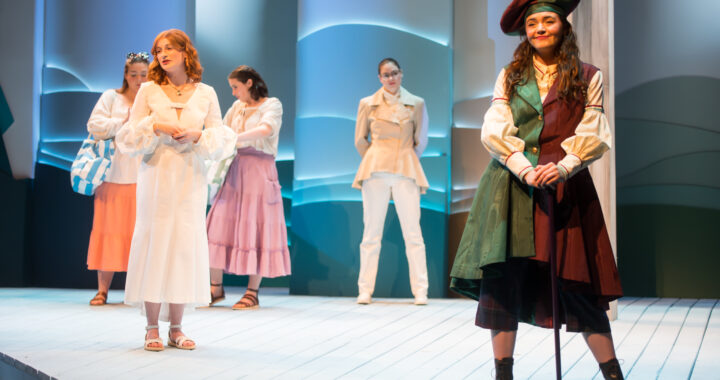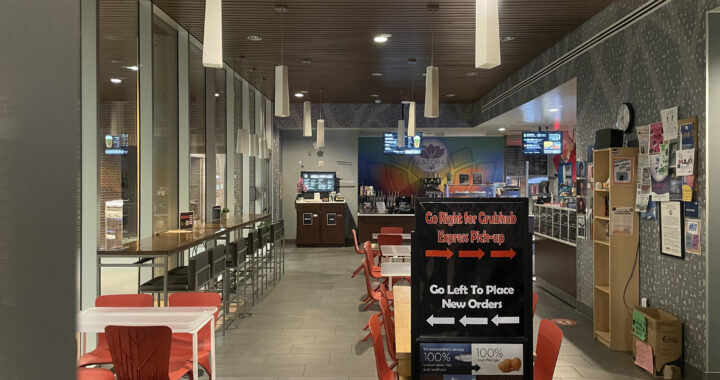Resources offered for temporarily handicapped students
2 min read
kneewalker.com
By TAYLOR OSTROM
Senior Writer
I used to think walking from class to class in college was an effort, then I broke my foot and realized navigating campus was going to become a lot harder. The University of Mary Washington is a long, hilly campus, so crutching from class to class was never really an option for me. I was happy to find out that the University police offers services to students who need help getting around campus.
If needed, students can call the University police ten minutes prior to their class time, give an officer their location and wait to be picked up via golf cart. As great as this service is, I feel as if it’s the only service offered to students who are suffering from a short-term disability. In fact, after breaking my foot, I found out that not all residence halls are equipped with handicap ramps and elevators. This was alarming to me.
David Fleming, Assistant Dean for Residence Life and Housing said, “The answer in its simplest form is that we are happy to work with students on a case by case basis to meet their temporary needs, provided we have the room inventory to do so… As you mentioned, many of our buildings are not yet ADA accessible, which will be rectified as renovations take place.”
He continued to outline the options for students with temporary mobility issues. ”Many students elect to stay where they are and make do with their existing accommodations,” said Fleming. ”These students typically do not want to leave their friend network or the home they have become accustomed to over the course of the year.”
It seems that UMW is willing to help, but until non-handicap accessible buildings are renovated, the help they are able to provide is limited. Fortunately, I do not live on campus and have been able to make do while having a broken foot. I also was able to receive a knee scooter through my insurance, so instead of calling the university police constantly, I can just get myself to class via scooter. The only complaint I have in regards to scootering around campus is that it makes for a bumpy ride. Mary Washington’s brick walkways are beautiful, but don’t make traveling to and from class very enjoyable.
Although I wish my foot was not broken, I have been able to survive the healing process thus far without too many interruptions to my education. However, it is still my hope for Mary Washington to become a more handicap friendly campus in the near future.











